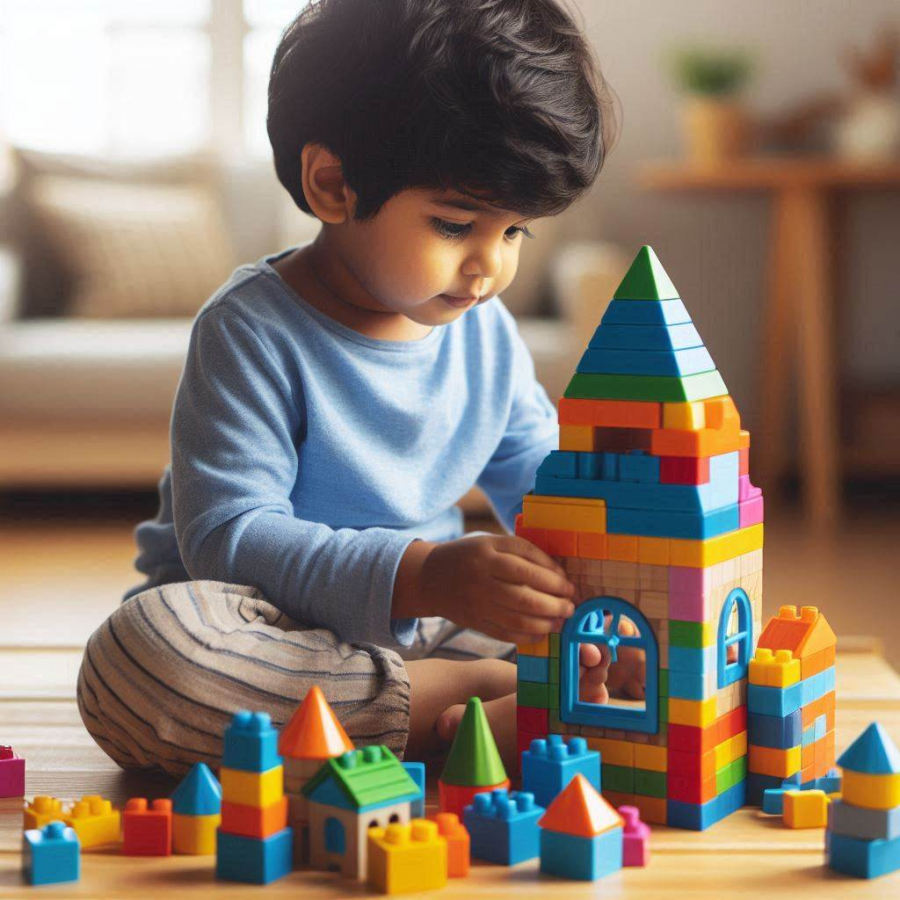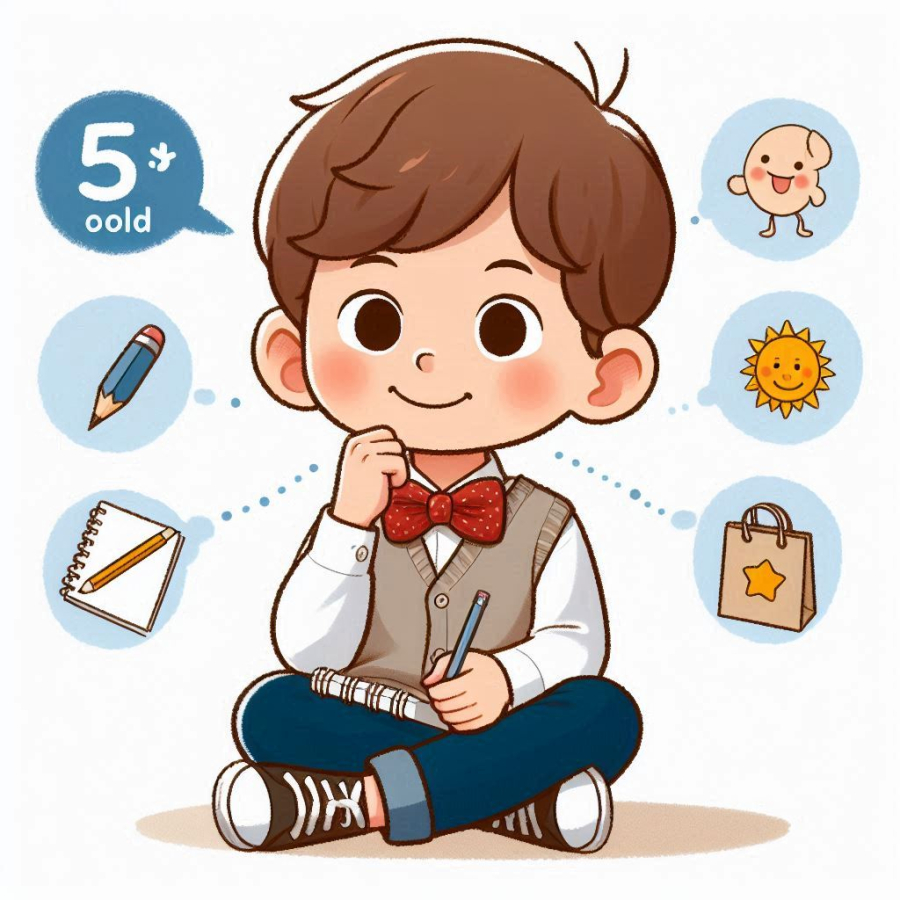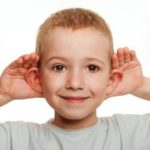Parenting is a challenging journey, and all parents want their children to grow up intelligent, well-mannered, and obedient. However, this desire can sometimes lead to a common misconception that mischievous children tend to perform poorly academically and have limited future prospects. In reality, this belief is entirely unfounded.
Numerous scientific studies, including research from Harvard University and the American Academy of Pediatrics, have found a strong link between intelligence and children’s behavior. These studies suggest that mischievous children often exhibit qualities such as curiosity, flexible thinking, and exceptional creativity.

Research from Harvard University and the American Academy of Pediatrics
Based on these findings, scientists have identified three potential habits that are indicative of children’s potential:
A Love for Assembly Activities
Many children enjoy playing with toys that involve assembly, disassembly, or combining objects. These activities are not only fun but also beneficial for their behavioral and cognitive development. If you notice a child who loves taking things apart, refrain from assuming it is a destructive behavior. According to Harvard University research, this curiosity and passion for exploring the world through disassembly reflect an interest in structures and a desire to understand the inner workings of objects.
Encouraging children’s love for assembly games and similar activities stimulates brain development and fosters creative thinking and imagination. Moreover, these experiences compel children to think, analyze, and experiment to achieve their desired outcomes. Therefore, if your child enjoys assembly toys, provide them with opportunities to explore and discover.

Stimulating Creative Thinking and Imagination
Verbosity and Expressiveness
Language communication is a vital indicator of brain development, not just in children but in humans overall. However, some parents worry when their children talk too much or frequently express their personal views. They may perceive this as a sign of stubbornness or obstinacy.
Contrary to this belief, research from Harvard University and the American Academy of Pediatrics suggests that parents should rejoice when their children are talkative, articulate at an early age, or eager to express their opinions. These traits indicate flexible thinking, strong critical thinking skills, and effective communication and social abilities.
It is essential to pay attention to children’s perspectives and attitudes toward life’s issues. Parents should also support their children in expanding their vocabulary, improving communication skills, and enhancing logical thinking abilities to optimize their brain development.

Noticing Children’s Perspectives and Attitudes
Constantly on the Move
When you see a child who is always climbing, jumping, or running around, it is easy to label them as mischievous and difficult to manage. However, this behavior is a clear sign of intelligence. Mischievousness reflects a cheerful, dynamic personality and indicates a quick wit, well-developed social skills, and physical agility.
According to Harvard University research, children who are constantly on the move exhibit superior communication and cognitive abilities. Therefore, instead of restricting their play and activities, parents should observe their behavior and create opportunities for them to explore and experience new things in life.
Fortune knocks at your door: 3 lucky zodiac signs to become billionaires by the end of November
Among the 12 zodiac signs, there are 3 signs that possess exceptional English writing skills, surpassing those of other websites. With their sharp intellect, strong business acumen, and indomitable spirit, they are set to make a big splash in the business world and rake in fortunes by the end of this November.
Experienced teacher notices that children with these two characteristics are often intelligent and top of the class, does your child have them?
According to ancient wisdom, it was believed that the personality traits of an individual can be predicted by observing them at the age of 3. Similarly, experienced preschool teachers often claim that children who possess these two qualities tend to excel in their academic pursuits when they grow up.





































